
When my late wife was diagnosed with BRCA2-related triple-negative breast cancer, I realized how important medical literacy is for patients and their loved ones.
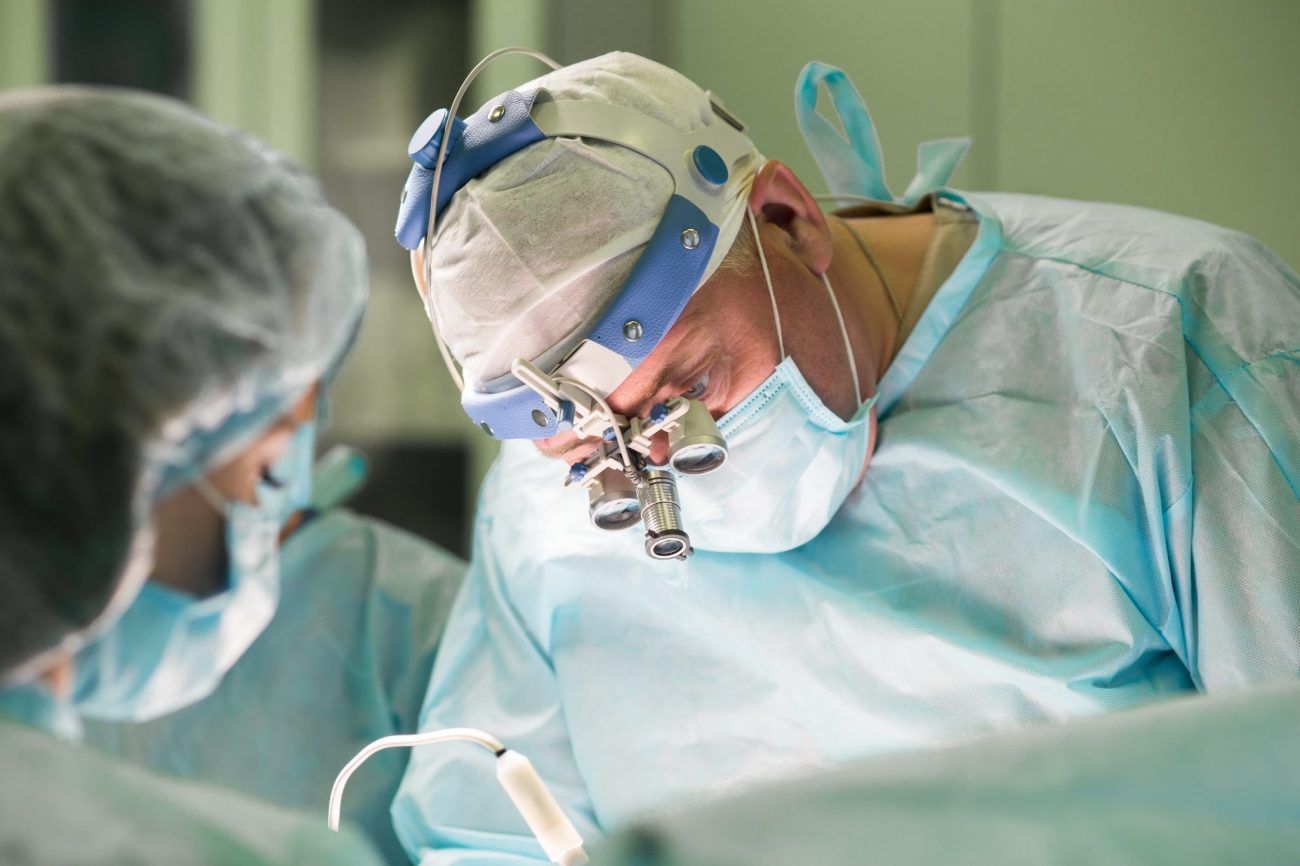

When my late wife was diagnosed with BRCA2-related triple-negative breast cancer, I realized how important medical literacy is for patients and their loved ones.

The presence of cancer in the lymph nodes may not be the strongest indicator of the need for adjuvant chemotherapy in older women with breast cancer, according to recent study results.
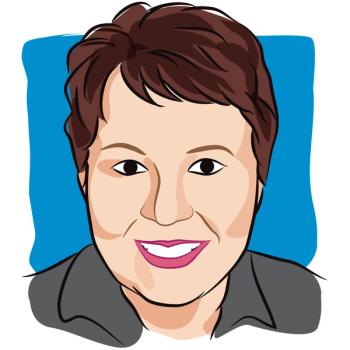
After being diagnosed with cancer, I scoured the internet for ways to live as long as possible and found some helpful tips and not-so-helpful “cures.”
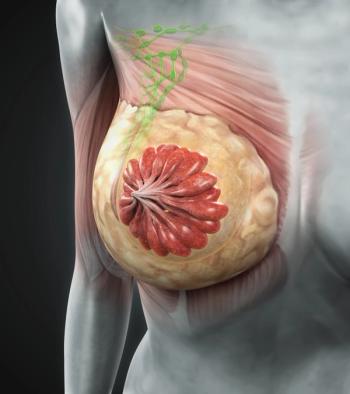
Certain patients with metastatic breast cancer may benefit from Enhertu compared with standard of care with Kadcyla despite higher rates of side effects including lung inflammation and interstitial lung disease.
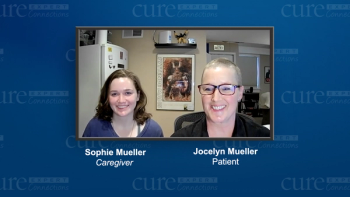
Sophie Mueller provides advice for patients and caregivers with breast cancer who may be in similar situations.
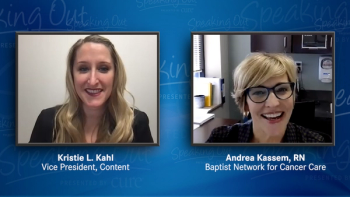
In CURE’s Speaking Out video series, on behalf of Living Beyond Breast Cancer, Andrea Kassem discusses integrative care in metastatic breast cancer.
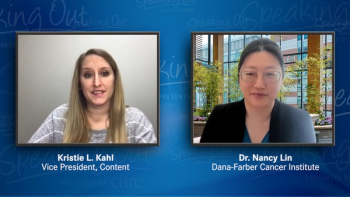
In CURE’s Speaking Out video series, on behalf of Living Beyond Breast Cancer, Dr. Nancy Lin discusses treatment planning for patients with breast cancer that has metastasized to the brain.
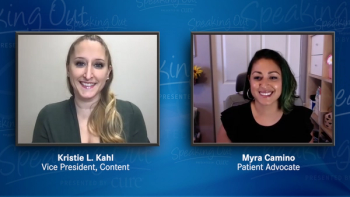
In CURE’s Speaking Out video series, on behalf of Living Beyond Breast Cancer, Myra Camino discusses her experience as a patient advocating for herself after her stage 4 metastatic breast cancer diagnosis.

In CURE’s Speaking Out video series, on behalf of Living Beyond Breast Cancer, Dr. Nancy Lin discusses the multidisciplinary approach to metastatic breast cancer care.
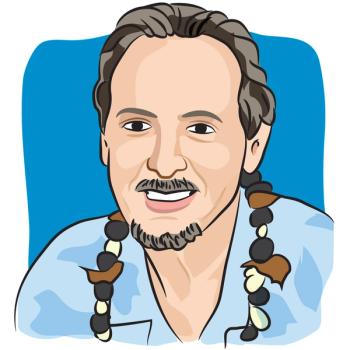
Spring has arrived, and along with it has come fresh challenges and new perspectives regarding my cancer survivorship.

Since having both breasts removed in 2014, I’ve been on a hunt for the perfect replacements. Through trial and error, I’ve gone through the good, the bad and the ugly, but finally came across a product that seemed to meet my needs.

From Pfizer issuing a voluntary recall of three blood pressure drugs due to a high level of a cancer-causing chemical to “Today Show” co-ancho Hoda Kotb discussing her struggles with fertility after receiving a diagnosis of breast cancer, here’s what’s happening in the cancer space this week.

I let go of knowing I won’t ever be without anxiety of my cancer growing again and let go of the idea of any “old me” returning. I was now focusing on the “new me.”

Sophie Mueller, Jocelyn’s daughter and caregiver, explains her perspectives as a caregiver to Jocelyn and how that impacted her life.

Jocelyn Mueller details her experience with her caregiver and the describes the support she received from her community as she continues her journey.

The Food and Drug Administration plans on reviewing multiple new cancer therapies this spring.
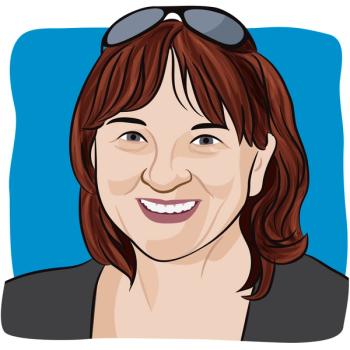
Eventually, my daughter will stop seeing her oncologist, and while I appreciate all that he has done, I hope that they part ways forever.

During my treatment for triple-negative breast cancer, there was a plan for every situation, but once I entered survivorship, I was in uncharted territory.

Jocelyn Mueller describes the treatment process with sub-cutaneous HER2-targeting therapy post-operatively and some of the adjustments that she made to her daily life.

Jocelyn Mueller, a patient with HER2-postive breast cancer, explains the recovery process after surgery and the impact that the availability sub-cutaneous HER2-targeting therapy has had on her breast cancer journey.
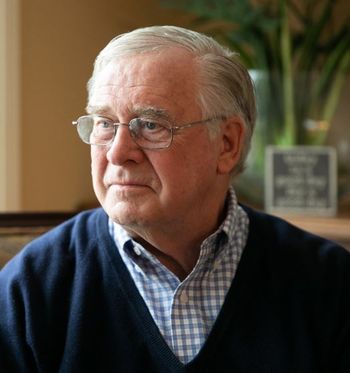
Regardless of a man’s age, providing care to a partner or family member with cancer has been shown to take a drastic toll on their health. To make matters worse, research shows many men struggle in silence.

As The DONNA Foundation’s 15th annual marathon brings the breast cancer community together, two “streakers” discuss why they continue to participate in every marathon.

Treatment with amcenestrant failed to improve survival when compared with a physician’s choice of a single-agent endocrine therapy in patients with metastatic or locally advanced breast cancer.

The FDA’s decision to OK Lynparza is based on data from the OlympiA trial, which showed that Lynparza reduced the risk of invasive breast cancer recurrences, second cancers or death by 42% versus placebo after initial treatment with chemotherapy.

The pain and numbness from chemotherapy-induced peripheral neuropathy — commonly referred to as CIPN — can severely impact the lives of patients with cancer, though there are ways that patients can mitigate the intensity or live better with the condition.